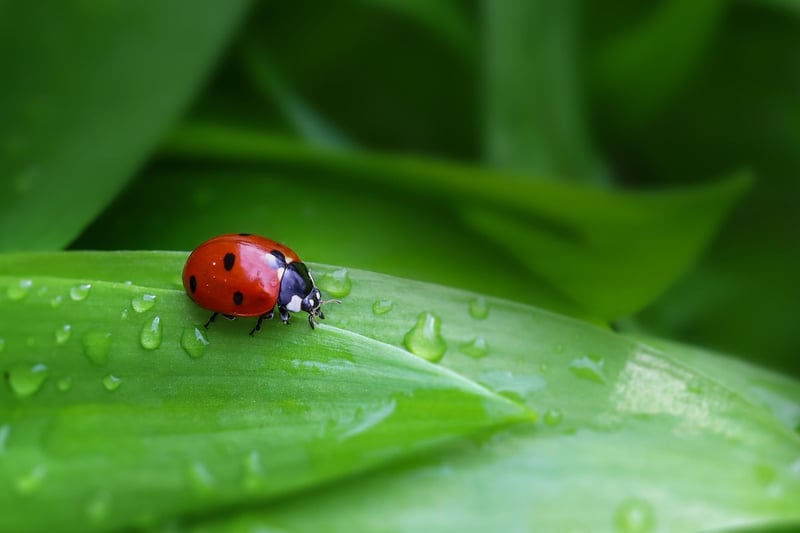Preventive Measures
Protecting Plants from Pests: Effective Preventive Measures
Keeping your plants safe from pests is essential to maintain a healthy garden or indoor environment. Pests can wreak havoc on your plants, causing damage and affecting their growth. Here are some effective preventive measures to protect your plants from pests:
1. Choose Resistant Plant Varieties
Start by selecting plant varieties that are known to be resistant to common pests in your region. Resistant plants are less likely to attract pests, giving you a head start in pest prevention.
2. Maintain Plant Health
Healthy plants are better equipped to withstand pest attacks. Ensure your plants receive adequate sunlight, water, and nutrients to keep them strong and vibrant.
3. Practice Crop Rotation
Rotate your crops each season to prevent the build-up of pests in the soil. Different plant families attract different pests, so rotating crops can help disrupt pest populations.
4. Use Natural Predators
Introduce beneficial insects like ladybugs, lacewings, or praying mantises to your garden. These natural predators can help keep pest populations in check without the need for chemicals.
5. Monitor Your Plants Regularly
Inspect your plants regularly for any signs of pest infestation. Early detection can help you take action before the pests cause significant damage.
6. Implement Physical Barriers
Use row covers, netting, or barriers to physically protect your plants from pests. This can be especially useful for vulnerable plants or during peak pest seasons.
7. Practice Good Garden Hygiene
Remove any dead or diseased plant material promptly to prevent pests from finding a home in your garden. Clean tools and pots regularly to avoid transferring pests unintentionally.
8. Consider Natural Remedies
Explore natural remedies like neem oil, garlic spray, or insecticidal soap to control pests organically. These options are safer for the environment and beneficial insects.
By following these preventive measures, you can effectively protect your plants from pests and promote a thriving garden environment.

Image Source: Pixabay
